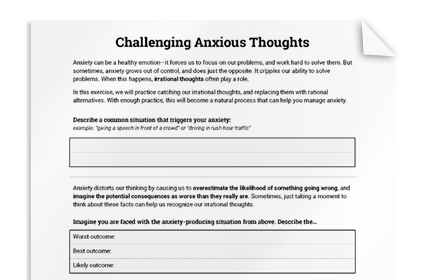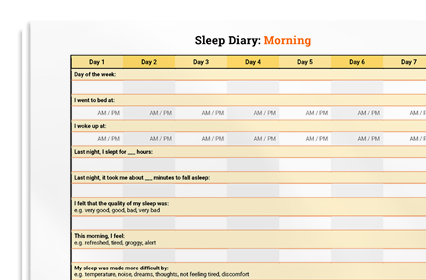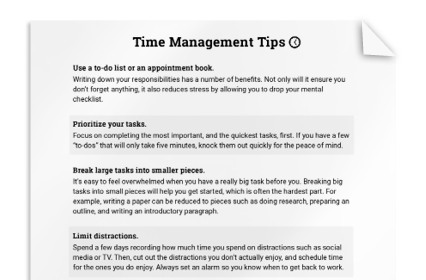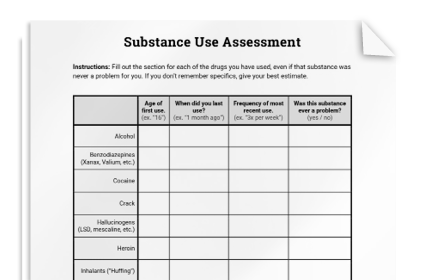We had come to feel isolated and uneasy with other people, especially authority figures.
Adultchildren
-Art Therapy Exercises and Therapy worksheetsThe Meadows of Wickenburg Az Presents:
John Bradshaw- Inner Child Deep Feeling Work
Art Therapy Exercises -http://www.therapistaid.com/therapy-worksheets/none/adults 100 Art Therapy Exercises - The Updated and Improved List ...
"The Healthiest Form of Projection is Art" (Fritz Perlz - GestaltTherapist) Here is a popular ... Finger painting isn't just fun for kids– adults can enjoy it as well.Bradshaw On: The Family.https://www.google.ca/webhp?tab=iw&ei=kGu7V97MMIKxeNCjvlA&ve d=0EKkuCAQoAQ#q=john+bradshaw+ the+family+youtube THE PROBLEM
Many of us found that we had several characteristics in common as a result of being brought up in an alcoholic or dysfunctional household. We had come to feel isolated and uneasy with other people, especially authority figures. To protect ourselves, we became people-pleasers, even though we lost our own identities in the process. All the same we would mistake any personal criticism as a threat. We either became alcoholics (or practiced other addictive behavior) ourselves, or married them, or both. Failing that, we found other compulsive personalities, such as a workaholic, to fulfill our sick need for abandonment.We lived life from the standpoint of victims. Having an overdeveloped sense of responsibility, we preferred to be concerned with others rather than ourselves. We got guilt feelings when we stood up for ourselves rather than giving in to others. Thus, we became reactors, rather than actors, letting others take the initiative. We were dependent personalities, terrified of abandonment, willing to do almost anything to hold on to a relationship in order not to be abandoned emotionally. Yet we kept choosing insecure relationships because they matched our childhood relationship with alcoholic or dysfunctional parents.These symptoms of the family disease of alcoholism or other dysfunction made us "co-victims", those who take on the characteristics of the disease without necessarily ever taking a drink. We learned to keep our feelings down as children and kept them buried as adults. As a result of this conditioning, we confused love with pity, tending to love those we could rescue. Even more self-defeating, we became addicted to excitement in all our affairs, preferring constant upset to workable relationships.This is a description, not an indictment.Exploring Social Anxiety
worksheetSocial anxiety is one of the most common mental disorders, with an estimated 6.8% annual prevalence among adults (NIMH). Its impact on a person's life can be far reaching. It's not uncommon for a person with social anxiety to shape their life decisions around their fears, while making major sacrifices in the process...Challenging Anxious Thoughts
worksheetThe Challenging Anxious Thoughts worksheet will teach your clients about the CBT concept of irrational and rational thoughts, as they relate to anxiety. Psychoeducation is interspersed with examples, and opportunities for your clients to write about their own experiences. Because irrational thoughts can be difficult to pin down without practice, we suggest working closely with your client as they make their way through this worksheet...Sleep Diary
worksheetSleep problems are a common and disruptive symptom of mental illnesses that are often overlooked. Sleep deprivation can contribute to moodiness, high blood pressure, poor concentration, the prolongation of mental illness, work difficulties, auto accidents, and more. Whether the problem is insomnia, hypersomnia, or something else, a Sleep Diary is an essential tool for tracking sleep, and any factors that might be contributing to disturbances...Managing ADHD
worksheetADD / ADHD isn't just about difficulty at work or school—it also contributes to reduced self-esteem, troubled relationships, and even the likelihood of automobile accidents. Thankfully, a little bit can go a long way in the treatment of ADHD. For some, becoming aware of weaknesses, and developing strategies to counter them, can result in big improvements...Time Management Tips
worksheetBasic life skills like time management are sometimes overlooked in psychotherapy. In some cases, skills like these make all the difference. Poor time management can damage relationships or careers, and cause unnecessary stress. The Time Management Tips printout is exactly what you think it would be—a list of advice that your clients can use to improve how they manage their time...Substance Use Assessment
worksheetThe treatment of addictions typically begins by gathering a comprehensive history of a client's substance use. We've created a tool—the Substance Use Assessment—to help speed up this process, and ensure that you're asking some of the most important questions related to addiction. This tool was designed to be completed by your clients prior to a complete psychosocial assessment...Addiction Discussion Questions
worksheetGroup discussion about drugs and alcohol can help your clients bond, develop insight, build motivation for change, and learn about addiction from the experiences of others. The Addiction Discussion Questions worksheet was designed to encourage deeper conversation about addiction through the use of open-ended questions that require some thought...The Grieving Process
worksheetGrief is a natural process that's painful, personal, and normal. Grief allows a person to come to terms with a significant loss, and make sense of their new reality without a loved one. In most cases, grief will resolve itself with the passage of time, and psychotherapy is unnecessary. Other times, grief can become complicated and fail to resolve...The CBT Model: Psychoeducation
worksheetTeaching the cognitive model often serves as an introduction to CBT, and your client's understanding of the model can set the tone for the rest of therapy. Does the model resonate with your client, or does it seem confusing and irrelevant? The CBT Model Info Sheet is a one-page worksheet designed to explain the cognitive model through accessible writing and examples...Boundaries Exploration
worksheetGuide your clients in the exploration of their relationship boundaries with the Boundaries Exploration worksheet. In this activity, your clients will be asked to think of a particular relationship, and the quality of their boundaries within that relationship. The second half of the worksheet asks questions that are designed to help your client begin considering ways to improve their boundaries...













Comments
Post a Comment